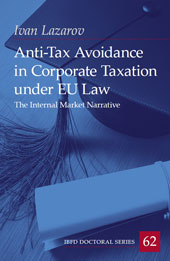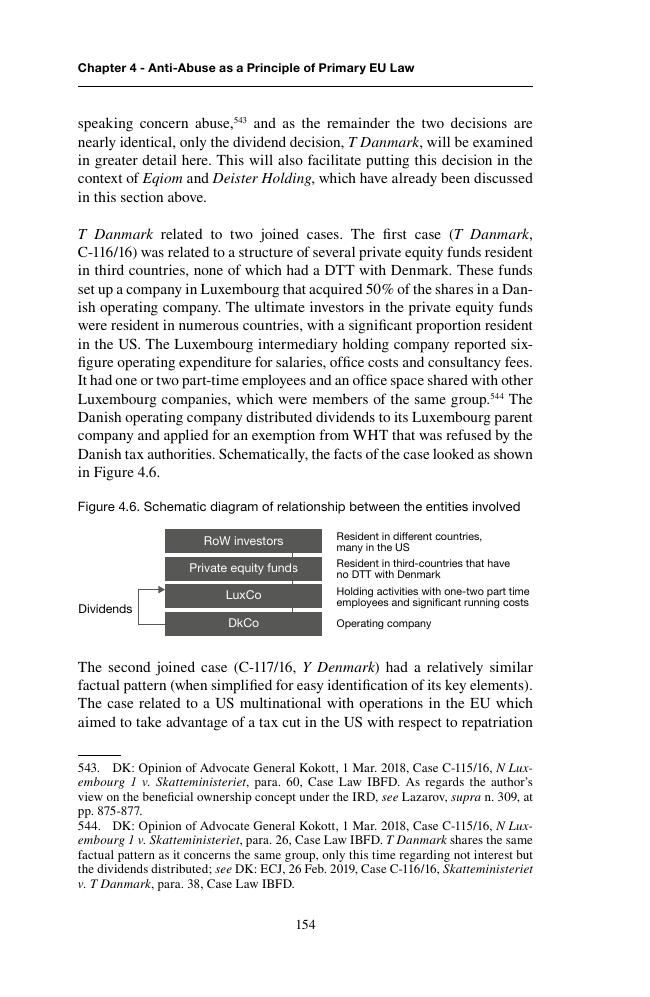2022 - IBFD Publishing
E-book
Digital Version
Download | Copy/paste | Printing
Anti-Tax avoidance in corporate taxation under EU law : the internal market narrative
310 p.
- Includes bibliographical references.
- The issue of corporate tax avoidance has been subject to extensive developments in the European Union over the course of recent years, both in terms of the case law of the Court of Justice of the European Union and at the level of secondary legislation with the adoption of instruments such as the Anti-Tax Avoidance Directive. This book analyses whether these developments are in line with the constitutional foundations of EU law, especially with the primary-law standard of protection of the internal market against abusive practices.This book considers the autonomous concept of abuse under primary EU law as based predominantly on the artificiality test rather than the business purpose test.
- This is especially true in areas in which domestic laws largely diverge and compete with one another, such as in corporate taxation. Thus, a mere finding of low or no taxation, as well as the tax motives behind an arrangement, generally should not suffice for concluding that a certain structure is abusive. This is because, in the absence of comprehensive harmonization, the primary tool for achieving market integration within the European Union is the endorsement of regulatory competition among Member States. Private parties have, in turn, the right to rely on this competition in their business allocation decisions.
- Taking the business purpose (no tax reasons) approach would lead to the fragmentation of the internal market, as Member States would be free to discriminate against cross-border arrangements set up for regulatory reasons.Secondary EU law cannot put the above principles into question, as a deviation from them would constitute a manifestly inappropriate measure in light of the aim to improve the establishment and functioning of the internal market. To the extent that such secondary law measures restrict the rights derived from primary law, these harmonization measures must be in line with the standard of abuse under primary law. Secondary law cannot restrict the scope of primary law. This book analyses the provisions of the ATAD and points out the existing deviations from the object and purpose of the internal market, suggesting either a conforming interpretation or validity review. [Publisher's text]
- Thesis.
- Special access authorizations may apply; please contact us for further information.
-
Information
ISBN: 9789087227425
SERIES
DISCIPLINES



